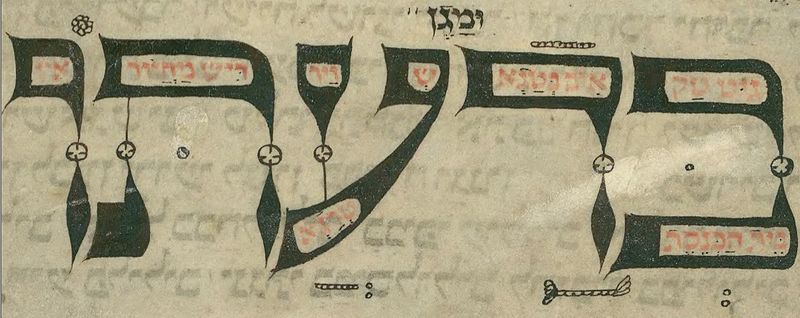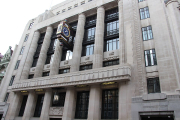
A new podcast, launched today by Queen Mary University historians Professor Nadia Valman and Dr. Vivi Lachs, uncovers the unique and often-overlooked fusion of Cockney and Yiddish
cultures. The Cockney Yiddish Podcast takes listeners on a journey through the lively streets of London’s East End, bringing to life the music, language, and radical history of its Jewish community from the 1880s to the 1950s.
A forgotten cultural blend
Before the Second World War, Yiddish was the mother tongue of many Jewish immigrants from Eastern Europe. As tens of thousands of Jewish migrants arrived in London, fleeing persecution and economic hardship, they brought their language and traditions with them. In the bustling East End, Yiddish intertwined with the local Cockney dialect, forming a distinct cultural identity that has largely been forgotten—until now.
Podcast highlights
Presented by Professors Valman and Lachs, the seven-episode series (six in English and one in Yiddish) explores the rich and often humorous world of Cockney-Yiddish life. Special guests—including Michael Rosen, Miriam Margolyes, David Schneider, and musicians from Klezmer Klub and Katsha’nes—join the hosts to share stories, music, and personal experiences.
Each episode delves into a different facet of this cultural blend:
Episode 1: Now You’re Talking Cockney Yiddish – Linguist Professor Paul Kerswill discusses how Yiddish-speaking migrants adapted to life in London. Miriam Margolyes narrates A London Girl’s Secret, a story that brings this history to life.
Episode 2: Forverts! Politics and Protest – Explore East End Jewish radicalism, including the Battle of Cable Street, with Professor Ruth Livesey and stirring protest songs.
Episode 3: When You Go to a Yiddish Theatre – Step into the vibrant world of Yiddish theatre, featuring David Schneider performing Shakespeare in Yiddish.
Episode 4: Oy! Who Are You Laughing At? – Special guest Michael Rosen discusses the humor of East End Jewish life, including rhyming slang, family jokes, and comic songs.
Episode 5: Khanike oder Krismes – This all-Yiddish episode examines the pressures of assimilation, exploring how families balanced Hanukkah and Christmas traditions.
Episode 6: Look Back in Shmaltz – Nostalgia takes center stage with songs and stories of old Whitechapel, immigrant food culture, and London’s changing Jewish identity.
Episode 7: The Mystery of Solomon Levy – Unravel the tale of the famous “gramophone man” of Petticoat Lane Market, with broadcaster Alan Dein.
Insights from the hosts
‘Yiddish songs and writing give us unique insights into Jewish immigrant life in the East End,’ said Dr Lachs. ‘The Yiddish language in London changed to incorporate the London experience so you get local Cockney words like ‘cuppa tea’ that became a part of East End Yiddish both in writing and spoken on the streets.’
Professor Valman said: ‘London Yiddish popular culture was extraordinarily vibrant, witty and responsive to the Cockney culture that surrounded it. It’s a fascinating, forgotten episode in the history of London. This podcast is for anyone interested in London’s subcultures – whether or not you understand Yiddish. And it’s part of the remarkable worldwide Yiddish revival’
About the podcast
The Cockney Yiddish Podcast is an AHRC-funded project produced by Natalie Steed of Rhubarb Rhubarb, known for acclaimed series such as The Sound of Anger and Folk on Foot. Accompanying the podcast is a dedicated website, cockneyyiddish.org, where listeners can access Yiddish texts, translations, and further resources.
For those eager to uncover London’s hidden histories and the enduring legacy of its Jewish community, The Cockney Yiddish Podcast offers a fascinating, immersive experience.
🎧Listen to episode one now: https://cockneyyiddish.org/episode-1-now-youre-talking-cockney-yiddish/
Photo by joystick, Wikimedia commons.









































